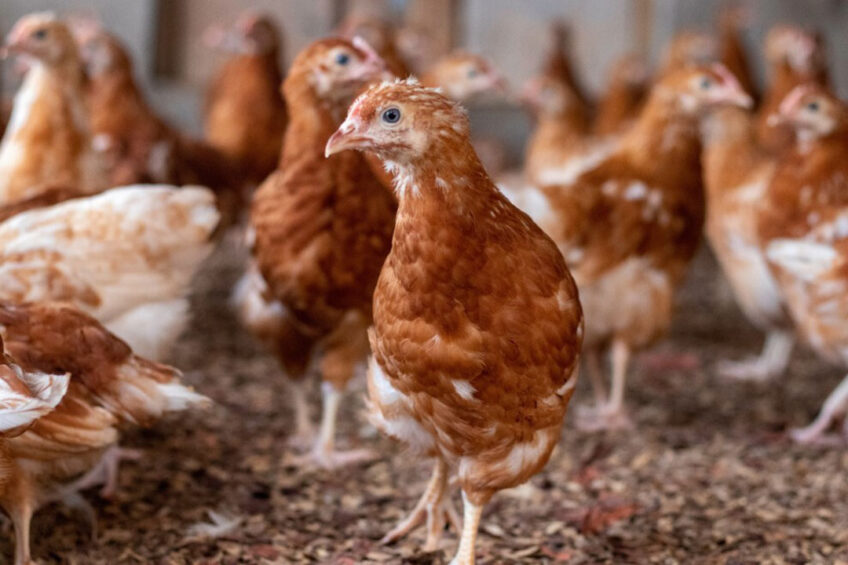UK and Canada: Moving forward with poultry welfare

In the UK, agriculture members of the European parliament (MEPs) call for a scientifically sound update of animal welfare rules. Meanwhile, in Canada, a joint animal welfare working group has been created for the chicken sector.
EU animal welfare legislation
Animal welfare legislation in the EU needs an update, agriculture MEPs have said, calling for science-based uniform rules oriented both on farmers and consumers across all member states. The resolution needs to be voted by the full house of the Parliament, possibly during the December session.
The draft resolution on the implementation report on on-farm animal welfare rules has been adopted by the Committee on Agriculture and Rural Development, reports the European parliament. It stresses that “the current EU legislation on the welfare of food-producing animals is not consistently implemented across member states”, and that “it lags behind the scientific advances and establishes specific minimum welfare standards only for a number of species”. Rather, it says, a species-by-species approach must be adopted.
Cage-free eggs: US food companies under pressure
Several major US food companies have been exposed for failing to meet their public commitments to source 100% cage-free eggs from their egg supply chains by the end of last year. Read more…
Support for poultry farmers
“Farmers must be provided with sufficient time, support and financing so that they can invest in better animal welfare,” say the MEPs, adding that the update should also take into account EU farmers’ income and competitiveness in the global agricultural market. The MEPs welcome the ’End the Cage Age’ campaign and supports the aim to prohibit battery cages for laying hens. However, the agriculture MEPs want a species-based approach using clear definitions of a cage and note that financial support to transition to alternative housing system for animals should be provided to breeders impacted by the new standards.
Welfare labelling of products
To provide consumers with reliable labelling of animal products on welfare-related aspects of their entire production cycle, the MEPs advocate a voluntary EU animal labelling system covering all livestock farms. For the future, however, mandatory EU labelling should be considered.
Taiwan mandates conventional cage systems label on eggs
Under new food traceability regulations, it has been officially announced in Taiwan that, for the first time, if eggs are produced in conventional cages, this system of production must be disclosed on the eggshells. Read more…
Joint animal welfare working group formed in Canada
The creation of the joint animal welfare working group, comprised of 4 Canadian chicken farmers and 4 processing sector representatives, has been announced by Chicken Farmers of Canada (CFC) and the Canadian Poultry and Egg Processors Council (CPEPC). It aims to support the ongoing review of animal welfare practices, processes, and procedures of Canada’s chicken sector. Canada’s framework of chicken production sees the implementation of CFC’s Animal Care Programme, which is a national, mandatory, third-party audited programme based on the National Farm Animal Care Council (NFACC) Code of Practice for chicken.
NFACC develops scientifically-informed, consensus-based codes of practice for food animal care in Canada by bringing together stakeholders from diverse disciplines – farmers, veterinarians, processors, transporters, animal welfare associations, academia, and provincial/federal governments – resulting in standards that are science-based, practical, and address societal expectations for responsible farm animal care, according to CFC.












